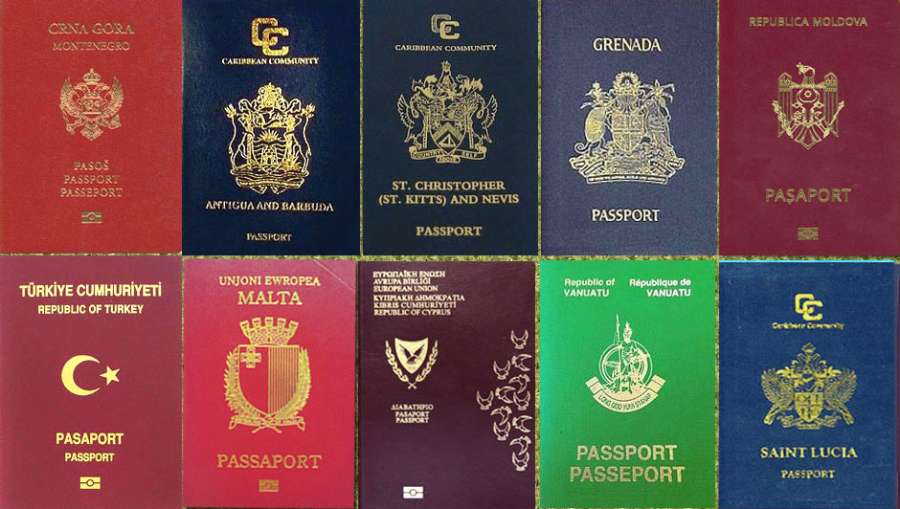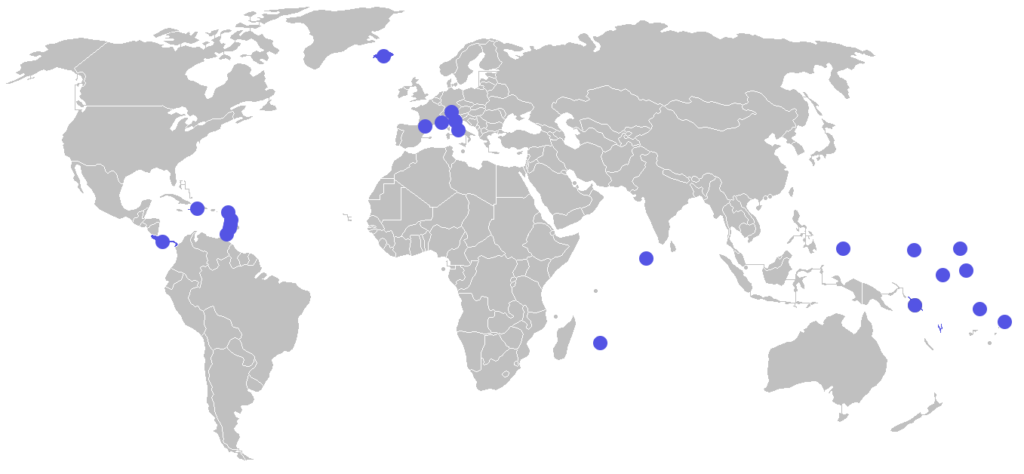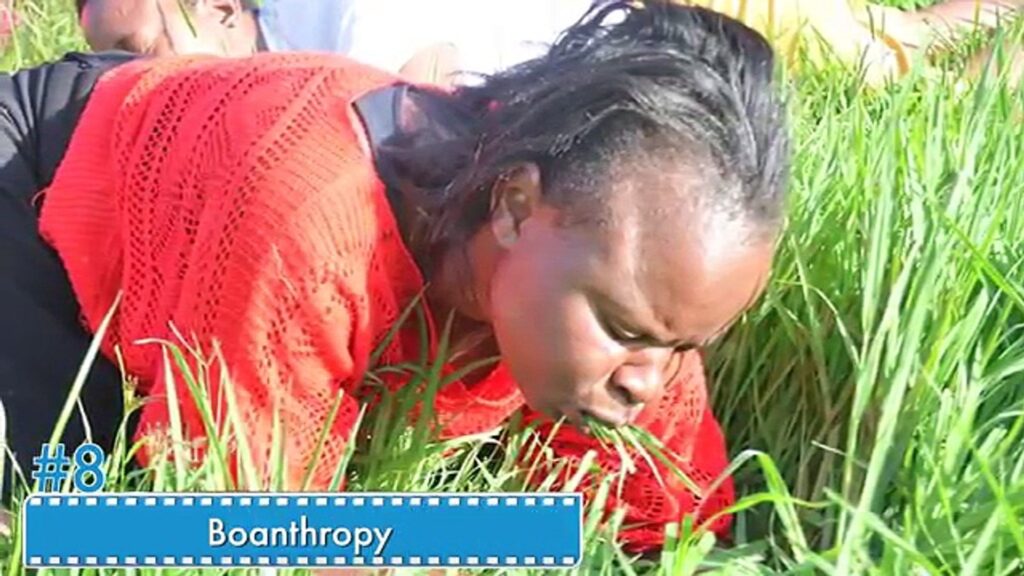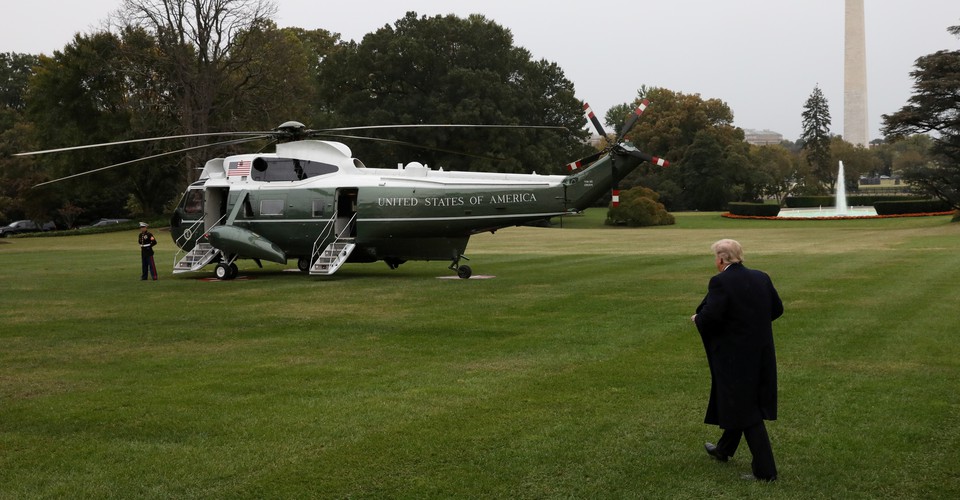Depending on your location these are the best internet subscription plans for heavy downloads in Nigeria. If you are like me, you definitely want fast and affordable internet for the various stuff you do online.
From watching movies, to taking online meetings (zoom, Google meet etc), sending and downloading sizeable files and many more, there is always the need for reliable internet. While some internet service providers may give you steady internet for routine use they may become unbearably slow when you need to do some heavy lifting.
So what are the most recommended internet subscription plans for anyone who is a relatively heavy internet user?
We did some digging and below are some internet subscription plans we think can do the work. Note that this is not professional advice so you should do your own verification. Also be aware that the speed and reliability for these plans may have changed from the time of writing this article.
These are some of your best options if you are a heavy internet user, in no particular order.
FiberOne
FiberOne is a relatively new internet service provider that supplies fast broadband internet to homes and offices. Their service is currently available only in Lagos, Abuja and Ilorin.
- Smarthome Plan: This is the most popular for FiberOne users. Good for normal video streaming, browsing and downloading at up to 10 Mbps download speed and unlimited data storage.
- Smarthome Lite: This plans gives you fast download at up to 20Mbps with unlimited data storage
To start using FiberOne you would have to get the installation done at your office or home. Their service is pretty good for a relatively heavy internet user in Nigeria.
MTN Hynetflex
MTN Hynetflex is a prepaid fast speed internet service that offers multi user capability and unlimited downloads. According to the network provider the Hynet service gives speed of up to 1 Mbps. You will have to buy the Hynetflex 4G router to get started.
However it is important to note that the pricing also indicates downloads limits for some plans or throttled speed when you exhaust a certain limit. You can check for more about MTN Hynet and the various plans here
NTEL
Ntel is a 4G/LTE advanced network provider that claims to provide internet speeds of up to 100 Mbps. Ntel has coverage in many Nigerian cities including Lagos, Kano, Abuja, Ibadan, Port Harcourt, Benin City, Maiduguri, Aba, Jos, Enugu, Abeokuta, Edo, Zaria etc.
Ntel has varied unlimited data plans which are good for the working individual/small team who may need to do some heavy browsing or downloading.
There are plans like the Unlimited Family with an FUP speed of 512 Kbps and the Unlimited 90 which gives access for 90 days. The Unlimited daily and Unlimited weekly provides unlimited internet for shorter periods of time – 1 day and 7 days respectively.
Cobranet
Cobranet says it is a leading, reliable internet service and data connectivity provider. It has the UGO mobile network, UGO fixed wireless and the UGO fibre service.
It appears to cover only Lagos at the time of this writing.
It’s residential plans include the Personal, Family and Classic.
IPNX
ipNX Nigeria is a leading fibre to home internet service provider. It claims to have over 5,000 large and small business customers. They also say they have over 800km of cutting edge fibre optic cable infrastructure. IPNX appears to have carved itself a niche a provider of internet services/connectivity to mostly businesses as against persons/individuals.
This however does not mean they do not provide internet to residential areas or individual homes. In fact their FOS Unlimited Residential Plans are competitive in price and can compare to what other providers have.
An intending customer can choose from the Bronze, Silver, Gold, Diamond etc plans under the FOZ Unlimited Residential plans.
Cyberspace
I have personally used Cyberspace and their unlimited internet service was pretty reliable until they became overwhelmed with customers. However it appears they are back on their feet.
The Cyberspace 4G LTE has unlimited plans – Cyberspace Unlimited Classic and Cyberspace Unlimited Premium promising unlimited internet with speeds of up to 1Mbps and 2Mbps respectively.
You should note however that their coverage is limited to only Lagos.
Airtel
Airtel is one of the major telecommunication service providers in Nigeria.
Airtel has the Mega pack plans for heavy internet users and the highest plan provides up to 1TB of data.
It has the Unlimited Ultra plans (router only) for fast internet access on 4G network for locations that 4G coverage. Some of the major Unlimited Ultra plans include;
Unlimited Ultra Lite, Unlimited Ultra Standard, Unlimited Ultra Diamond, Unlimited Ultra Premium
Like MTN one of the major advantages of Airtel is its relatively widespread coverage of most Nigerian cities.
ALSO SEE




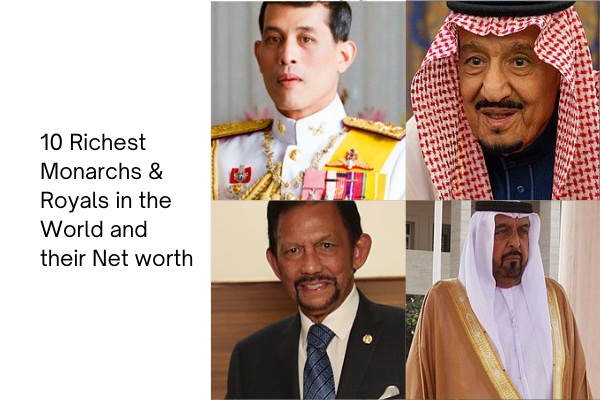











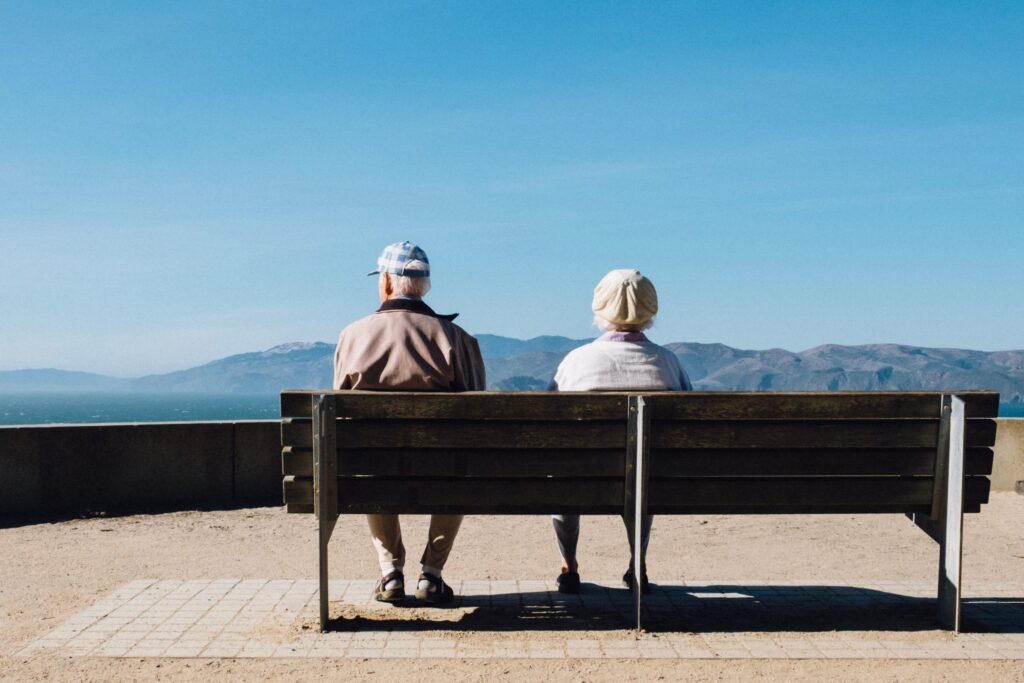
 From the data above Europe and Asia appear to have the largest populations of older people. China, by virtue of its huge population, leads the list. However by percentage of the total population Japan has the most number of its entire population aged 65 and above – 28.2%. This is followed by Italy with over 22% of its population aged 65+.
From the data above Europe and Asia appear to have the largest populations of older people. China, by virtue of its huge population, leads the list. However by percentage of the total population Japan has the most number of its entire population aged 65 and above – 28.2%. This is followed by Italy with over 22% of its population aged 65+.